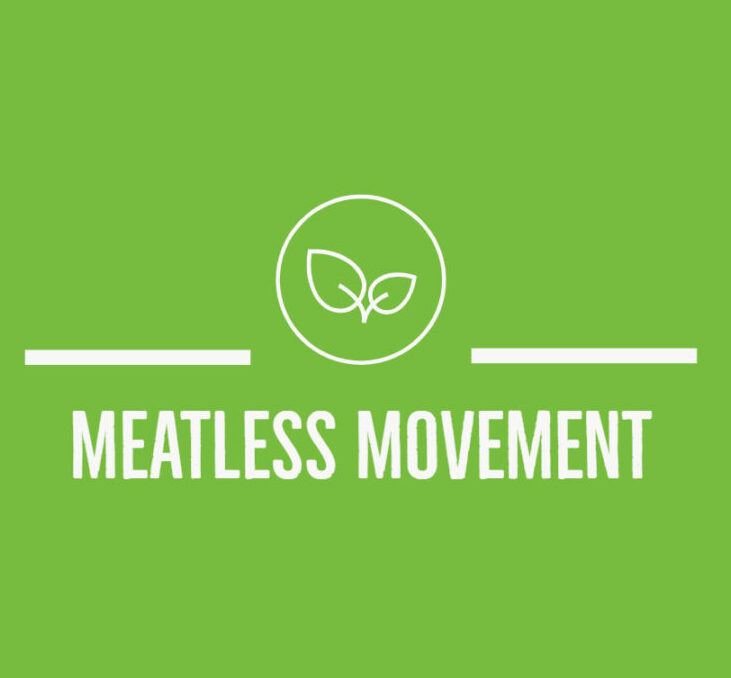Haley Tice is a versatile graphic designer and illustrator, with a career primarily focused on graphic design. Through various roles in businesses, ad agencies, and non-profit groups, she gained diverse in-field experiences that have shaped her into a well-rounded designer. When the pandemic struck in 2019, Haley delved into her passion for illustration, particularly exploring the human form and surreal artistic interpretations. Her illustrative skills extend to architecture, environmental art, plant and animal studies, showcasing her boundless creativity.
Beyond her creative pursuits, Haley is a committed advocate for animal rights and sustainability. She transitioned to a vegetarian lifestyle as a teenager, inspired by organizations like PETA and a deep aversion to causing harm to animals. Her journey continued with a shift to veganism as she became aware of the abuses within the egg and dairy industries. Haley has maintained her vegetarian and vegan lifestyle for more than half of her life, aligning her principles of compassion with her creative expressions.
Haley’s life is a beautiful blend of artistry and empathy, where her dedication to visual storytelling is complemented by her unwavering commitment to a compassionate way of living. Her journey as both an artist and advocate underscores her profound connection to the world around her, making her a truly inspirational figure in both creative and ethical spheres.
Please tell us more about yourself
My name is Haley Tice. I’m a graphic designer and illustrator enjoying the beautiful Berkshires.
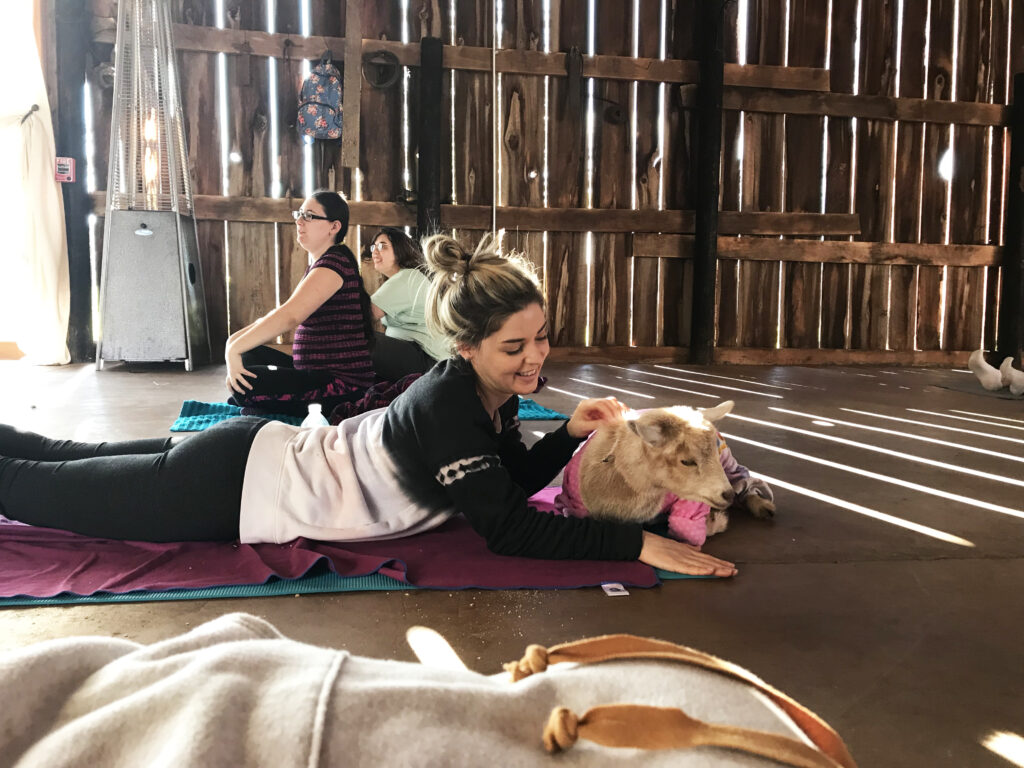
I went vegetarian as a teenager thanks to PETA. When my eyes opened to the horrors of factory farms and slaughter, I knew that I could never do anything to cause animals harm. That of course included eating them! I then transitioned to veganism later as I became aware of the abuse of the egg and dairy industry. I have been vegetarian, and vegan combined for more than half of my life!
I am lucky to have known at a young age that graphic design is what I wanted to do for my career. As I was in the field working various design jobs, I quickly learned that I wanted to use my skills to further help the animals.
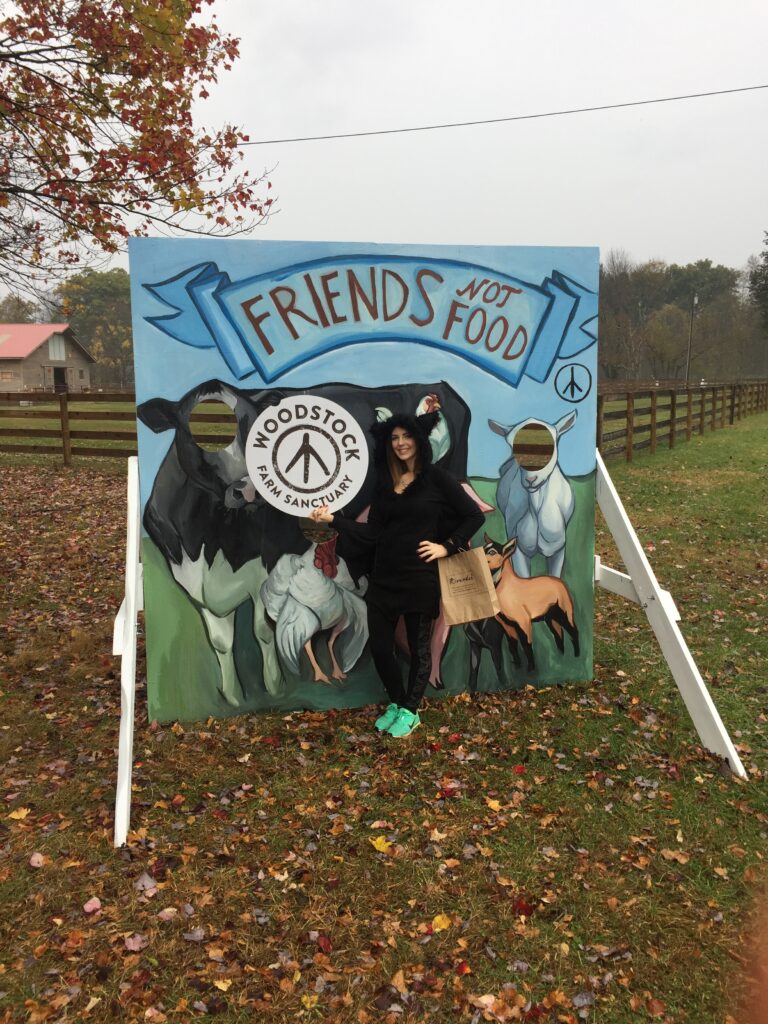
In a matter of a couple of months I found myself working with The Physician’s Committee for Responsible Medicine, a well-known plant-based nonprofit organization whose mission is dedicated to saving and improving human and animal lives through plant-based diets and ethical and effective scientific research.
Working with PCRM has quite literally been a dream. I am honored to be surrounded by compassionate and intelligent colleagues who are making great changes in this world for both humans and animals.
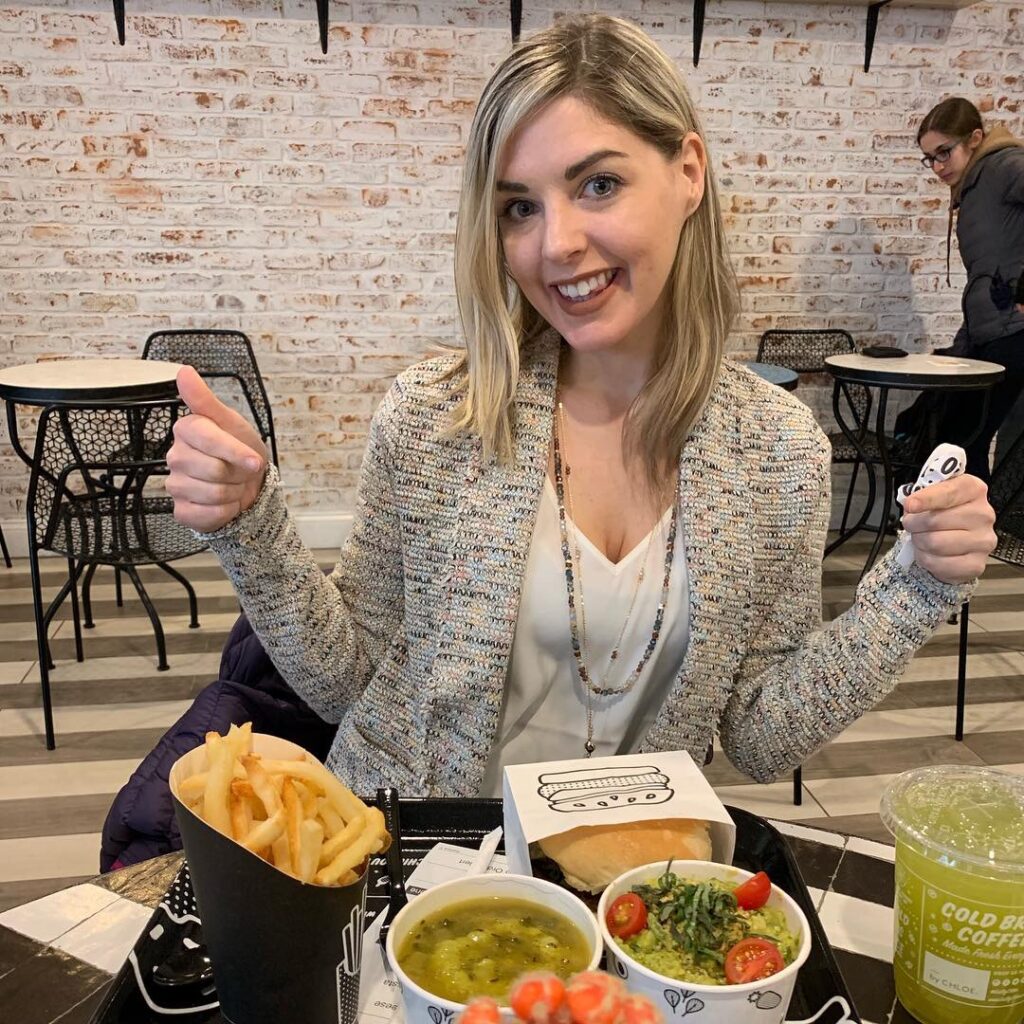
I find the biggest challenge to face while being vegan is friends and/or family who don’t agree with your choices. I have found that the best way to overcome this challenge is to remind them why you have made the decision to go vegan and to bring your own food to events if they are truly not supportive. Most of the time your non-vegan friends/family will be impressed with the food and curious to try more.
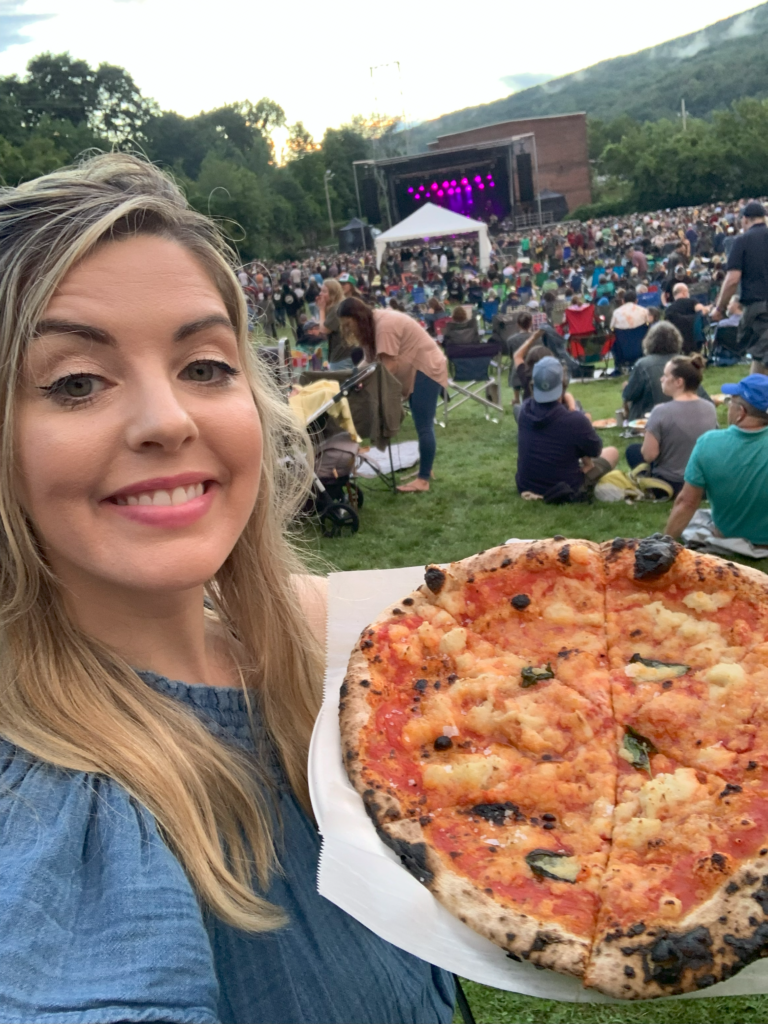

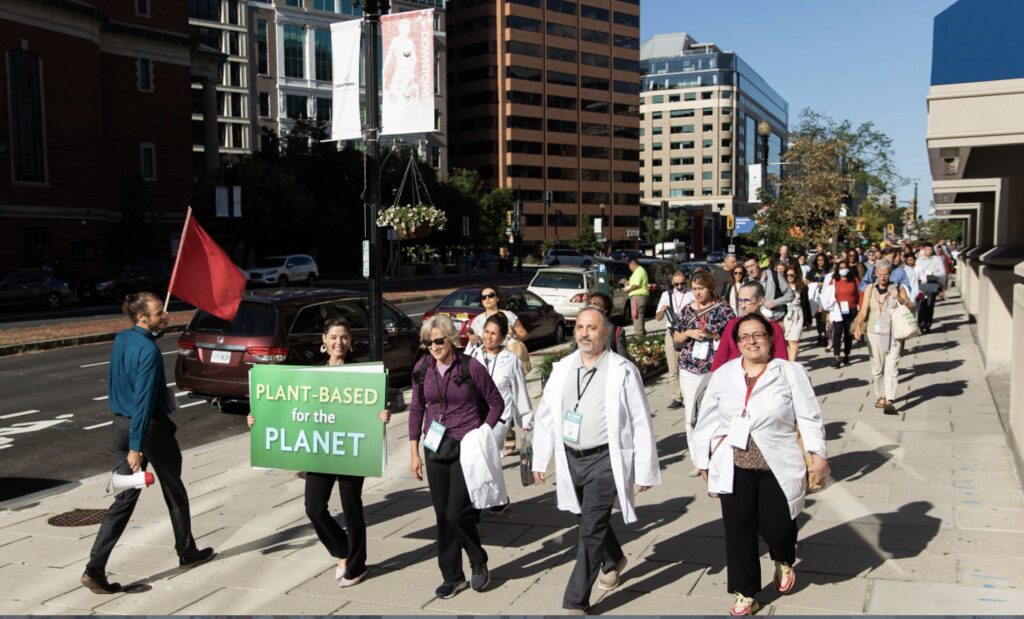
Being vegan has become a staple of who I am, so I don’t necessarily have a feeling about it. But, I do feel good knowing my food choices are not harming animals.
How can I encourage someone who isn’t vegan/vegetarian to try meatless food?
I wouldn’t tell someone who’s not yet vegan to try meatless food. I would make some and bring it to them. For a lot of people, seeing is believing. In this case, tasting Is believing! I particularly love making friends cookies. Everyone loves cookies!
There are so many amazing ways to eat vegan! I enjoy cooking at home, but also love eating out. Attached are some photos labeled with where they came from.
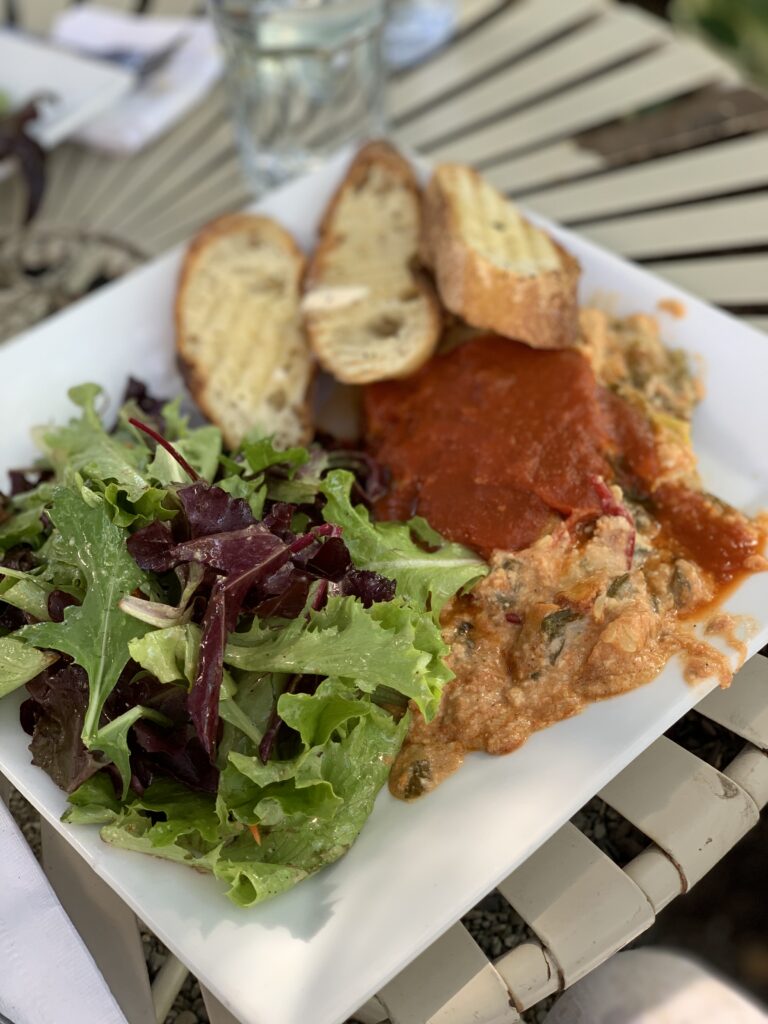
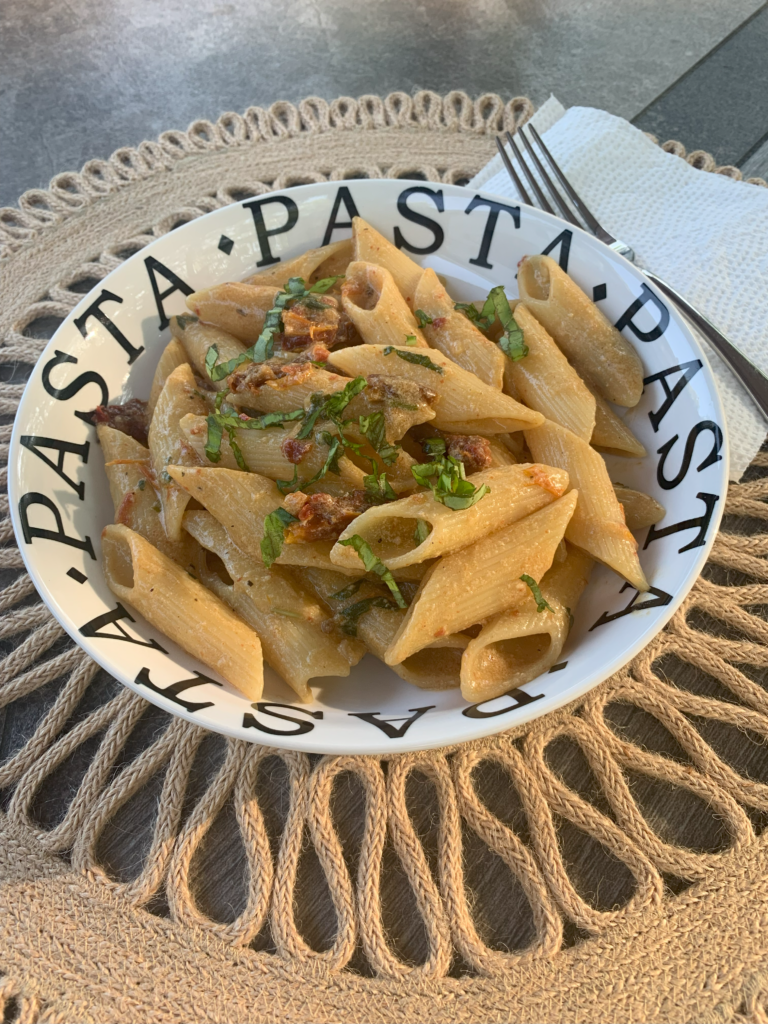
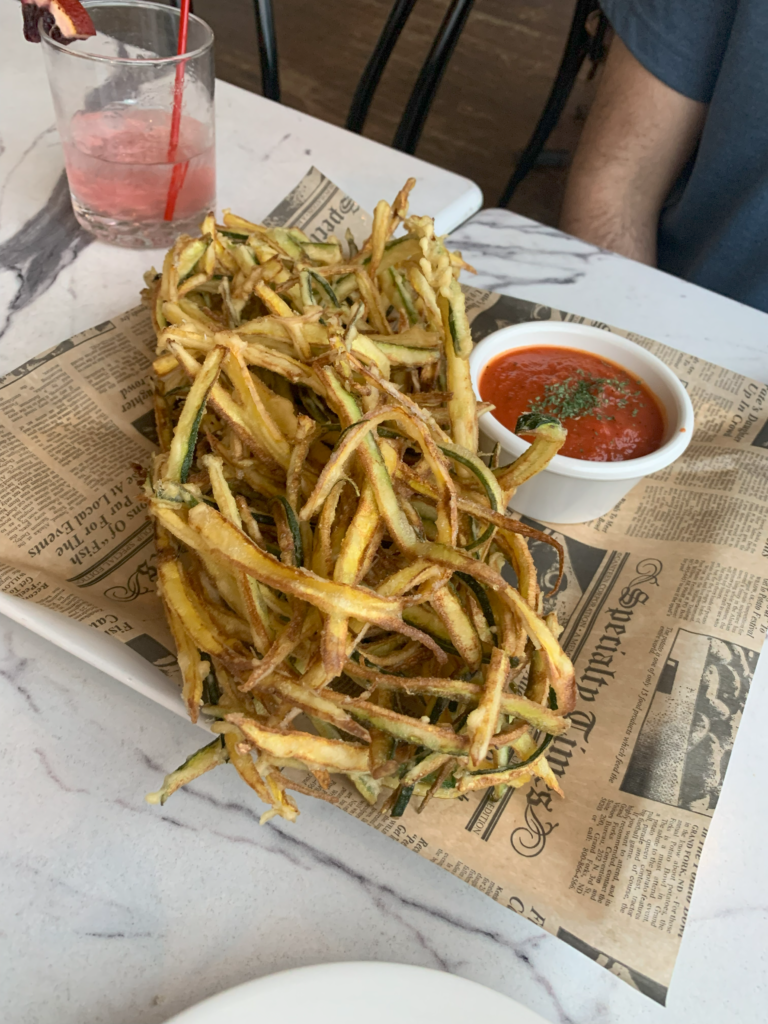
What advice can you offer to beginners transitioning to a meatless diet?
I think the biggest misconception is that you don’t get the proper nutrients on a vegan diet. That is totally not true. I always point to the American Dietetic Association when this comes up. Their stance is that appropriately planned vegetarian or vegan diets are healthful, nutritionally adequate, and may provide health benefits in prevention and treatment of certain diseases.
I also point to a lengthy reading list of materials that include but are not limited to the authors, Dr. Neal Barnard, Dr. Michael Greger, Dr. Kristi Funk, Dr. Dean Ornish, Dr. Will Bulsiewicz, and more.
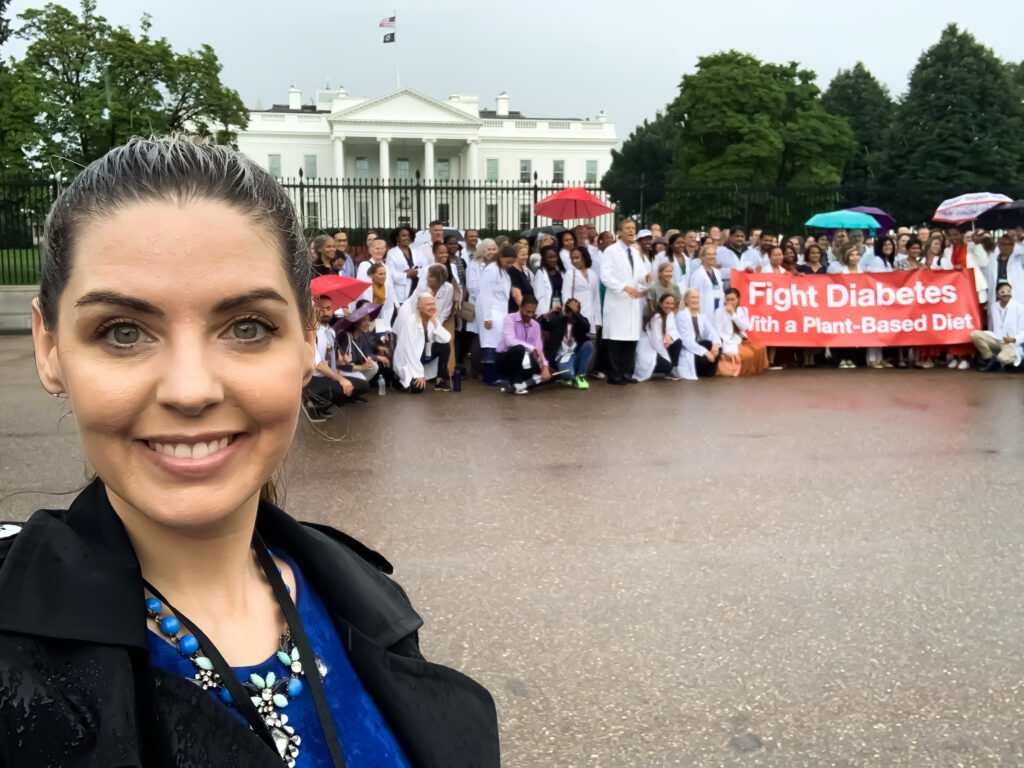
My advice it to do your best and don’t beat yourself up if you slip up. Going meatless can be challenging at first and it’s a lot to not only learn, but unlearn. We are in a meat-heavy culture where animal products are included in every meal. Plan your meals out, find vegan recipes you like, and keep trying.
Haley Tice
all images courtesy of Haley Tice
